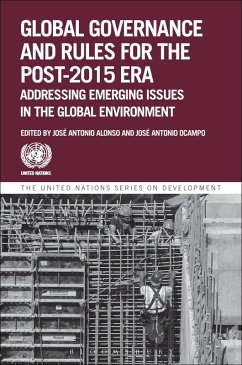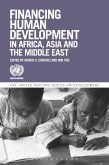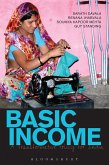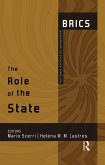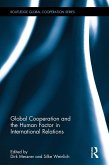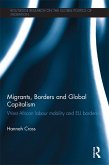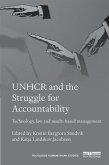This book is available as open access through the Bloomsbury Open Access programme and is available on bloomsburycollections.com.
Attention is increasingly being paid to the conceptualization of the sustainable development agenda that should guide global development efforts beyond 2015. New trends are shaping the international environment, suggesting that the world emerging from the recent economic and financial crisis will probably be very different from the one we have known so far. The emerging issues demand new concerted responses and new international efforts, which will have to be framed by new rules and more democratic and inclusive mechanisms of global governance.
Global Governance and Rules for the Post 2015 Era provides a unique assessment of global rules and governance, a reflection of how global rules have been shaping development experiences and outcomes, an identification of the shortcomings of current global governance mechanisms and innovative suggestions for reforming and improving them. The various chapters analyse whether current rules and governance structures enables the building of effective responses against international problems and promote a fair distribution of development opportunities among countries. This book is a timely contribution to the discussions on a new global development agenda undertaken under the leadership of the United Nations. It reflects the outcome of a research programme by a group of independent development experts brought together by the United Nations Committee for Development Policy (CDP), a subsidiary body of the Economic and Social Council. It will be of interest to policymakers worldwide, experts of international agencies, scholars, students and the wider public.
Attention is increasingly being paid to the conceptualization of the sustainable development agenda that should guide global development efforts beyond 2015. New trends are shaping the international environment, suggesting that the world emerging from the recent economic and financial crisis will probably be very different from the one we have known so far. The emerging issues demand new concerted responses and new international efforts, which will have to be framed by new rules and more democratic and inclusive mechanisms of global governance.
Global Governance and Rules for the Post 2015 Era provides a unique assessment of global rules and governance, a reflection of how global rules have been shaping development experiences and outcomes, an identification of the shortcomings of current global governance mechanisms and innovative suggestions for reforming and improving them. The various chapters analyse whether current rules and governance structures enables the building of effective responses against international problems and promote a fair distribution of development opportunities among countries. This book is a timely contribution to the discussions on a new global development agenda undertaken under the leadership of the United Nations. It reflects the outcome of a research programme by a group of independent development experts brought together by the United Nations Committee for Development Policy (CDP), a subsidiary body of the Economic and Social Council. It will be of interest to policymakers worldwide, experts of international agencies, scholars, students and the wider public.

